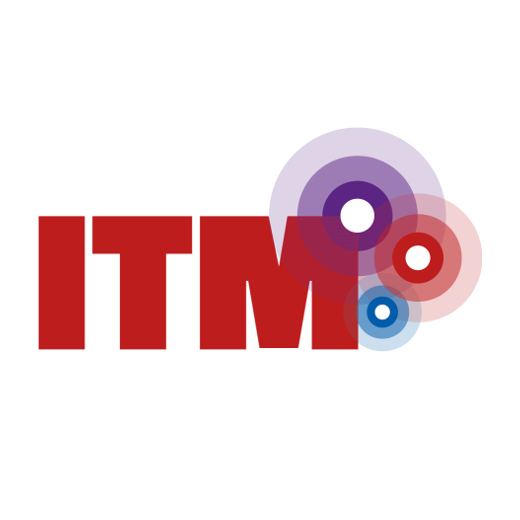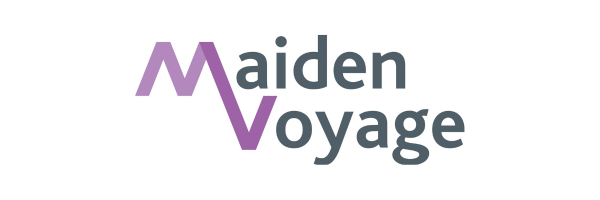TRAVEL BUYERS NOT CONVINCED BY ‘FAD’ TECHNOLOGY
According to new Business Travel Show research, travel buyers are yet to be convinced by next generation technology. Approximately one fifth of the 134 European buyers polled believe that by 2022, bots, Blockchain and alternative realities (AR, VR, MR, XR) will ‘significantly improve booking, saving time and money’, but more than half claim it will have minimal to no impact on the industry over the next three years.
There appears to be more faith in the opportunities presented by AI: 17 per cent believe it has the potential to ‘revolutionise’ the travel industry by 2022, one quarter feel it will ‘significantly enhance the traveller experience’ in that time, and just 39 per cent reckon it will have little or no impact.
Interestingly, the survey – which is part of the Business Travel Show’s ‘Travel 2022’ theme – also asked buyers how the industry will best survive the next three years. Despite the apparent nonchalance surrounding new technology, two thirds of those polled claim its survival will depend on innovation; 30 per cent believe it will be through evolution. Just 4 per cent think the sector needs a total reboot.
| What impact will this technology have on business travel by 2022? | |||||
| Revolutionise it | Significantly enhance raveller experience |
Significantly improve booking – save time & money |
Minimal | None | |
| AI | 18% | 25% | 18% | 20% | 19% |
| Blockchain | 10% | 12% | 20% | 30% | 28% |
| Alternative realities |
9% | 17% | 17% | 31% | 26% |
| Bots | 10% | 25% |
20% |
29% |
26% |
| How will the travel industry best survive the next three years? | |
| Through evolution |
30% |
| Through revolution | 4% |
| Through innovation | 66% |
We Build Bots founder Paul Shepherd, who is taking part in a panel session about bots at Business Travel Show next week, commented: “When built and used correctly, chatbots can transform customer service, increase efficiencies and even help companies to save and make money. Multinational airlines and online travel sites would offer a competitive advantage if they were to offer a full integrated chatbot using AI and machine learning combined with customer service agent support in order to deliver a 24/7/365 intuitive service.”
Over the next three years, he said, “Natural Language Processing (NLP) will continue to improve, which means that chatbots will become easier and more intuitive to interact with. As well as this, the rise in voice will continue to have a huge impact. The possibilities of using voice are endless. Imagine asking your smart home device to check you into your next flight and receiving your boarding pass directly into your inbox. Or alternatively, ask it to search for a holiday that meets your needs, whether that be in school holidays, a particular temperature or less than a four-hour flight away. Chatbots use of voice is improving and evolving consistently and going forward, we’re sure to see huge developments in this space.”
Paul is taking part in the panel session, ‘Introduce bots into your travel programme to slash admin and boost communications’ on Wednesday 20 February at 10:00 - 11:00. A second session on next generation technology is taking place on Thursday 21 February at 14:30: ‘Hi-tech in action – how AI, blockchain, bots, augmented/virtual reality will transform travel management.’
Full details of the conference programme and speaking sessions are available here. Free online visitor registration is open for Business Travel Show at http://www.businesstravelshow.com/register














